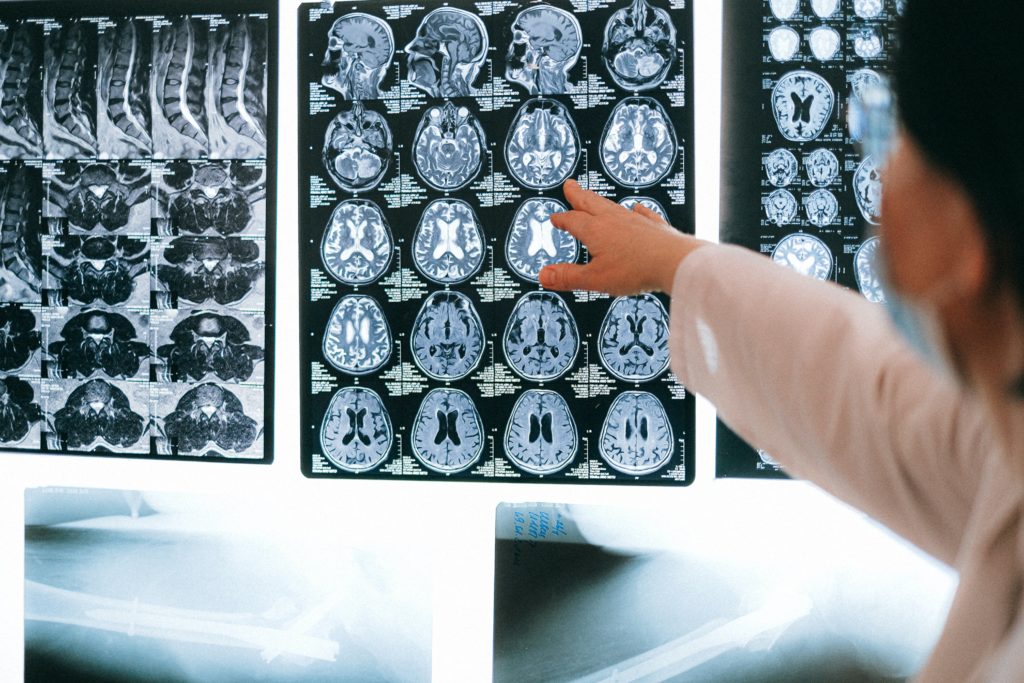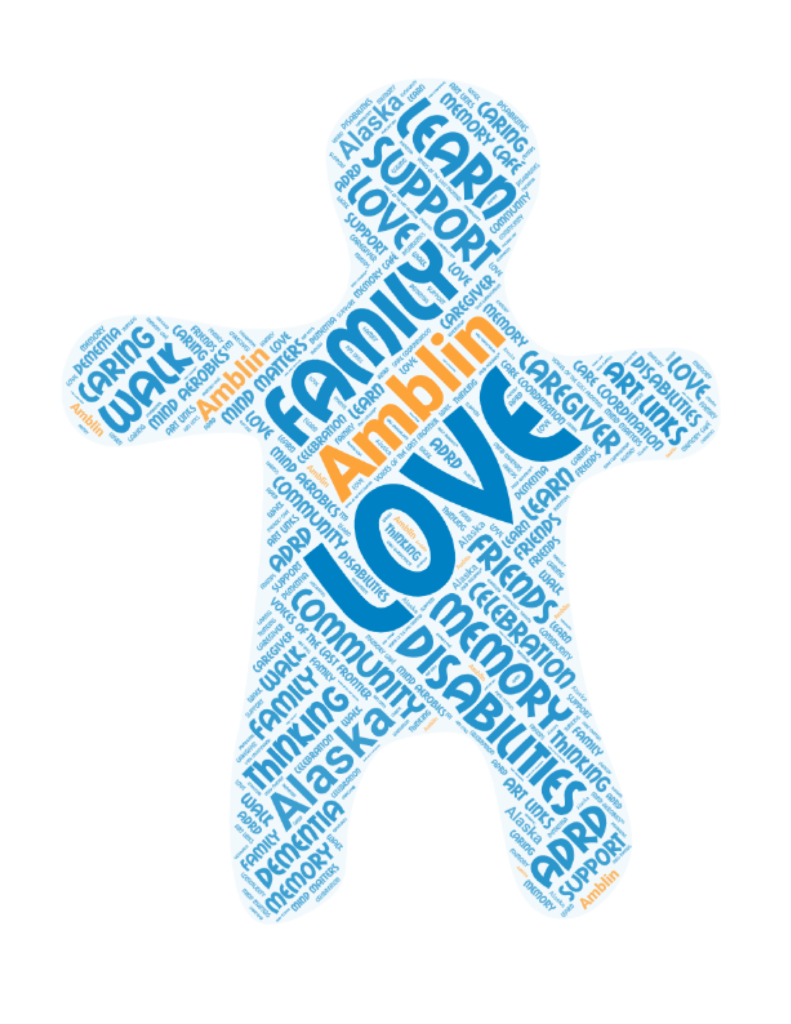Diagnosis

Early and careful evaluation is important because many conditions, including some that are treatable or reversible, can cause dementia. Potentially reversible conditions include depression, adverse drug reactions, metabolic changes and nutritional deficiencies.
These are some of the tools that physicians may use to help those who are concerned about dementia.
Evaluation and Diagnosis
- Provide the doctor with a journal about changes over time in your loved one’s personality, memory, mental functioning, speech and language problems, and good days and bad days.
- Be sure all family members provide input.
- Several visits may be necessary if your loved one tires easily.
- Follow-up visits track the progression of your loved one’s condition over time.
- The initial diagnosis might be “dementia” until the physician is able to see your loved one’s progress over time and be fairly sure whether it is Alzheimer’s or one of the other dementias.
See also: ![]() Memory Screenings
Memory Screenings
Laboratory Tests
These laboratory tests can help rule out other disorders, which may look like progressive dementias
- Complete Blood Count
- B12 and folic acid levels
- Serum Calcium
- Chest X-Ray
- Thyroid functions
- Syphilis blood test
- Kidney and liver functions
- Medication levels
- HIV – AIDS test
- Electrolytes
- CT brain scan
- EEG or EKG
- Sedimentation Rate – a test for inflammatory conditions such as Lupus
* Currently there are no laboratory tests to diagnose any of the progressive dementias. A diagnosis of “probable” Alzheimer’s disease is made after complete medical, neurological and psychological examinations rule out other possible causes of the person’s symptoms. There is no single test that can diagnose Alzheimer’s disease. However, trained physicians are 80-90% accurate.
Detailed testing by a neuropsychologist

Detailed testing by a neuropsychologist can be used to measure brain function and changes over time, and help distinguish between progressive dementia, mild cognitive impairment (MCI), or other possible causes.
Care of the Person living with dementia and their family
The physician may be able to:
- Refer families to community resources for education, support, and care coordination (such as Alzheimer’s Resource of Alaska).
- Suggest adult day services, respite care/in-home care, companions, meals, transport, etc.
- Give attention to associated problems (which may be treated) such as depression, Parkinson’s, alcohol or drug abuse, nutritional problems, dehydration, strokes, bedsores, falls, etc.
- Discuss methods of communication.
- Offer suggestions about management of behavioral problems such as wandering, aggression, hiding things, paranoia, etc.
- Suggest changes/modifications to the home environment.
- Refer families to legal and financial information such as guardianship, durable power of attorney, long-term care insurance, etc.
- Assist with long term care decisions
Information on this page was prepared in collaboration with Dr. Leslie Bryant, MD. Revised 9/16/20 by the ARA Education Team.
How we can help
- Individual and family consultations.
- Caregiver support groups by telephone or video conference (a great way to learn about local resources)
- Community Resource Guides or setup a consultation for further community referrals.
- Brochures and handouts
- Lending library and recommended books/videos/websites
- Educational programs, seminars and state-wide webinars on relieving stress for caregivers, family consultations, financial and legal planning, and Savvy Caregiving and more.
- Printable Fact Sheets
- Care coordination services
- Assistance to find respite services, chore services, or consumer-directed personal care attendant services.
- Mini-grant funds for items that will help your loved one
Related Resources
Alzheimer’s and Dementia Info Pages
- 10 Steps in Planning for the Future
- 10 Warning Signs
- About Alzheimer’s Disease
- About ADRD
- Activities for Adults with Dementia
- Assisted Living Homes
- Caregiver Checklist
- Combativeness
- Communication Tips
- Diagnosis
- Dining & Dementia
- Driving and Dementia
- Introducing Services
- Treatment & Medications
- Medications & Dementia
- Normal Aging vs. Alzheimer’s
- Prevention
- Strategies for Wandering
- Stages and Symptoms
- Talking with Children about Alzheimer’s
- Traveling with Alzheimer’s

 Printer-friendly version
Printer-friendly version
 Make a Payment
Make a Payment





